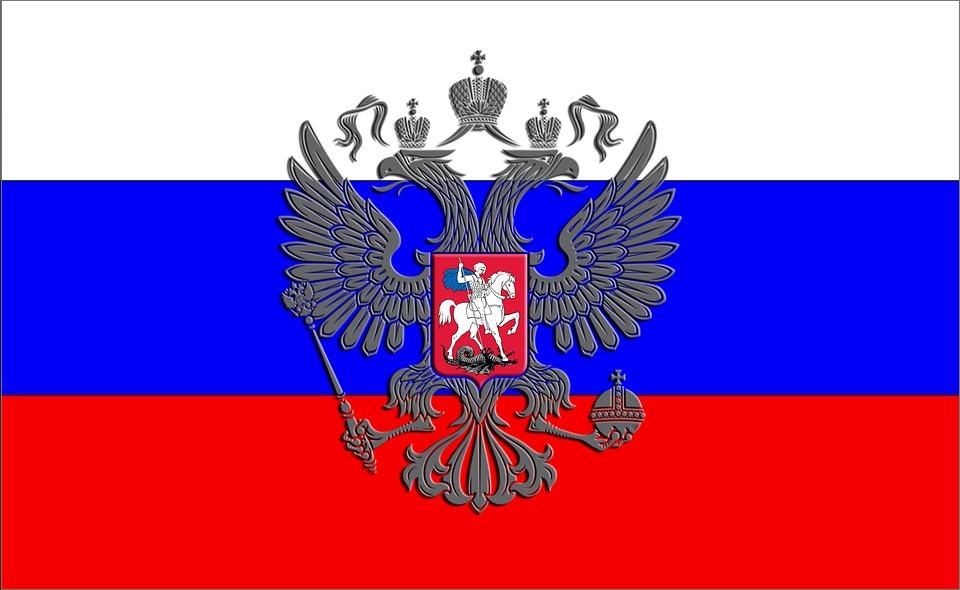27 January 2022
Dealing with Russia
The need to draw back.
By John Watson

It is normally annoying when Amazon pushed a book at you. However, there are exceptions and Ben McIntyre’s history of the MI6 double agent Oleg Gordievsky (The Spy and the Traitor) is certainly one of them. It isn’t just that the story of his rescue from Moscow by MI6 reads like a thriller. It isn’t just the realisation that in the early 80s it was us rather than the CIA who held the key to understanding what went on inside the KGB. It isn’t just that the account of trade craft, the relations between the security services and the politicians and the use of diplomatic status, are all fascinating in themselves. They are, and there is much more besides. But, more importantly, parts of the story have an immediate relevance to current affairs and the risk of our relationship with Russia spiralling out of control.
Go back to the early 1980s. Thatcher was in power in Britain and, thank goodness, she paid a lot of attention to MI6 briefings based on the intelligence provided by our man in the KGB. Reagan was the US President and the new “Star Wars” anti-missile system, when combined with military manoeuvres and “Axis of Evil” rhetoric, brought a warm secure feeling to the heart of many an American voter. Unfortunately, it played less well in the USSR where the paranoid and aged President Andropov believed that the US was shaping up for a pre-emptive nuclear strike on the basis that the new anti-missile system would prevent any response from getting through. Of course the US wasn’t doing anything of the sort but still the KGB was tasked with investigating and, the prizes being for those who found confirmatory material, the straws in the wind coming back to the leadership were generally of a confirmatory nature. Gradually the idea was taking root in the Kremlin. Perhaps it was time for the USSR to get in its own first strike before star Wars was in place.
The West had no idea that the Soviets had misunderstood their intentions in this way or of the dangerous pressure that was building, so they blithely continued to build their rhetoric and aggression. Things were clearly at the very edge when reports of intelligence from Gordievsky hit Thatcher’s desk. She saw what was going on, alerted the US to the danger and the pressure was quickly wound down, the result of which is that we are all here today.
An interesting piece of history you may think. Thank goodness we had an agent in place; thank goodness Thatcher was on the ball; and thank goodness that the Americans listened to her. Yes, indeed, but look at it in a slightly broader perspective. Threats and aggression had destroyed communications between two powerful empires; a fundamental misunderstanding arose; a nuclear war was only prevented by the good fortune that we had an agent in place whose reports filled the information gap which hostility had created. To put it as a formula: hostility results in lack of communication results in danger.
Now look at the Western reaction to the Russian military build-up on the borders of Ukraine. It will not fight an invasion, which would almost inevitably succeed, but instead will rely on sanctions which we are promised will be severe. The effect of those sanctions will be to move through our formula from hostility to lack of communication, taking us into an area where misunderstandings are increasingly likely to occur. That is quite simply not a safe thing to do.
The trouble with sanctions is that they are easily imposed and allow Western leaders to do something, and thus score public opinion points, without too much apparent cost to themselves. But “apparent” is the word to watch here. If we break off communications through the imposition of sanctions we steer into danger, not necessarily of a nuclear holocaust but at least of a loss of cooperation on things which really matters like the environment, or of proxy wars continuing to destabilise the Middle East. It cannot be the right way to go.
Clever people in Washington, London and Moscow are no doubt working round-the-clock to try to find solutions to the present impasse and we cannot know what is being considered behind the scenes. One can see though that there is a fundamental clash of principle between NATO’s view that ex-Soviet states must be allowed to join the alliance and Mr Putin’s refusal to contemplate a build-up of NATO weaponry on his borders – a similar sensitivity to that President Kennedy exhibited during the Cuban missile crisis in 1962. As any good negotiator will tell you there is only one answer when principles collide. That is not for the two sides to bash on in a crescendo of threats and sanctions but a face-saving fudge which solves enough of the practical points to leave both sides reasonably protected. Hopefully, one can be reached.
And after that, what then? A new relationship in an attempt to move forward together? It would certainly involve recognising the status quo in relation to, say, Crimea in a way which the Ukrainians would regard as betrayal, and maybe a demilitarised zone along NATO’s flank. None of that is very attractive but if concessions were made on both sides perhaps the relationship between Russia and the West could become more constructive. At least it could break down the mathematical logic and get the two sides into a dialogue over matters of common concern. God help the politicians and diplomats who have to navigate these waters but the current build-up of threats and sanctions is simply too dangerous to be allowed to continue.


